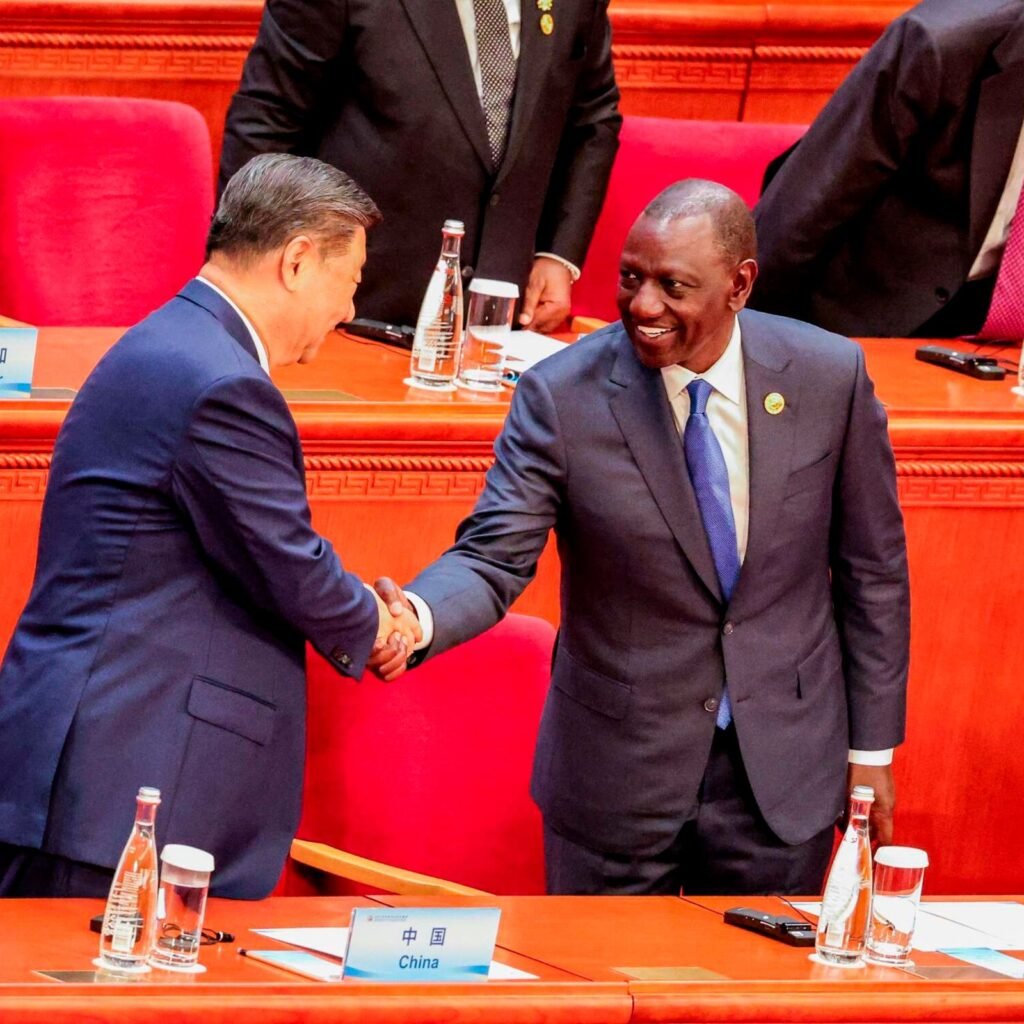China has issued a stern warning to countries contemplating trade deals with the United States, as its trade war with the superpower intensifies. This follows a move by the U.S., in which it has been pressuring its trading partners to curtail trade with the East Asian giant in order to acquire relief from the recent U.S. tariffs.
The U.S. has stated that a small number of countries have already started negotiations after the tariffs were announced, and more than 70 are ready to begin as well. To avoid major losses, China has promised to retaliate should any country act against her interests, by taking countermeasures where necessary.
Even as China made the warning, some countries were already looking to improve their ties. For instance, President William Ruto is currently on a state visit to China, on a mission to strengthen the relationship with the economic powerhouse, which continues to be a long-term partner.
China’s presence in Kenya has been crucial for a number of projects, from the Standard Gauge Railway to the Nairobi Expressway.
Henceforth, in need of funding and better terms, China offers a better opportunity when it comes down to negotiations. The President has the perfect opportunity while engaging in bilateral talks with President Xi Jinping, focusing on shared objectives in economic transformation, sustainable development, and global cooperation.
There lies a unique opportunity for Kenya to come out a winner. By focusing on and investing in special economic zones and business-friendly industrial policies, the country can appeal to Chinese firms seeking to expand their operations beyond Asia.
As the country faces rising unemployment and a slowing economy, a good deal not only offers jobs but knowledge and technology that promote local expertise and innovation.
However, in an era defined by trade wars, economic rivalries, and changing alliances, the only way to truly come out on top is economic sovereignty. To reach that point, Kenya has to start with the right policies — and that responsibility lies with our leaders.
No longer should they allow external forces to completely affect our economic environment. It is time to turn global economic shifts into opportunities for growth and development.


